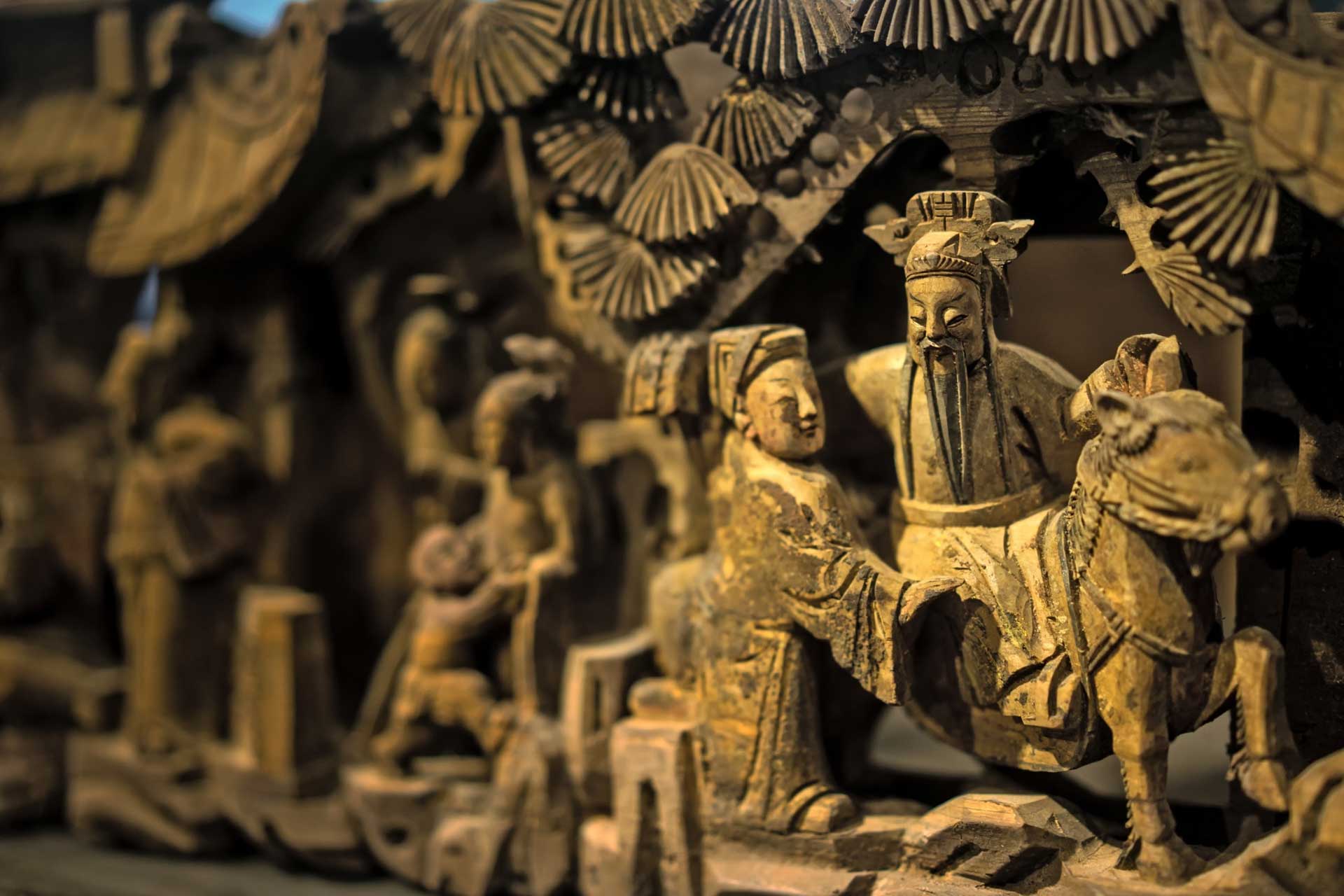Philosophy on the Indian subcontinent between 1000 BC and the early centuries of the first millennium was comprised of six major schools of Hindu philosophy (Nyaya, Vaisheshika, Samkhya, Yoga, Mimamsa, and Vedanta) and Jain, Buddhist, Ajivika, Ajñana, and Charvka philosophical traditions. While these are diverse, they share eleven essential religious and philosophical concepts and virtues:
Dharma: Behaviors considered harmonious with Rta, the natural order that enables the universe and life
Karma: Relating to action, work, deed, and cause and effect
Artha: Relating to the aims, means, and purpose of life
Kama: Aspiration, longing, and sexual desire
Duhkha: The existential role of suffering and pain
Anitya: The existential role of change and impermanence
Dhyana (Jhana): The epistemological and existential roles of meditation and contemplation
Samnyasa: The existential and spiritual role of renunciation
Samsara: The cycles of death and rebirth
Kaivalya: The role of solitude in Raja yoga and in the concept of nirvana; the release from the cycle of eternal rebirth
Ahimsa: The virtue of nonviolence, a key value in Buddhist and other Indian religions
The most widely known philosophical texts from the Indian subcontinent are the Upanishads (a collection of religious and philosophical teachings) and the scriptures known as the Vedas. Ancient Indian philosophical schools were organized chiefly around the Upanishads and Vedas, investigating metaphysics, ethics, psychology, and hermeneutics, as well salvation (soteriology). Four prominent philosophical traditions, however, rejected the authority of the Vedas: Carvaka was a school of materialist belief, which accepted free will; Ajivika was also materialist but rejected the notion of free will; Buddhism, denying the existence of atman —the self, based on the concept of an unchanging soul—followed the teachings of Gautama Buddha; and Jainism, a philosophy that embraced atman but, rejecting the Vedas, followed the twenty-four ascetic teachers known collectively as the tirthankaras.




































